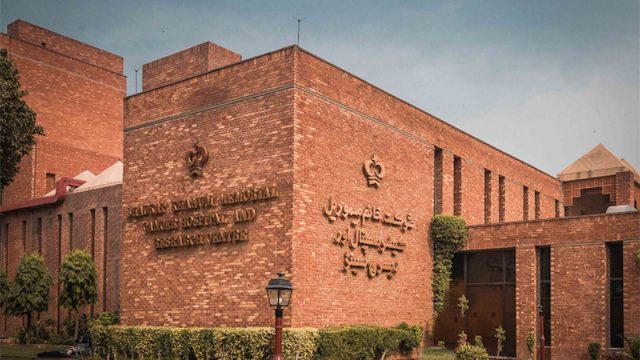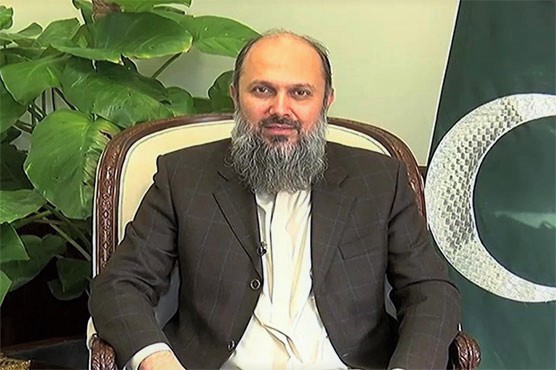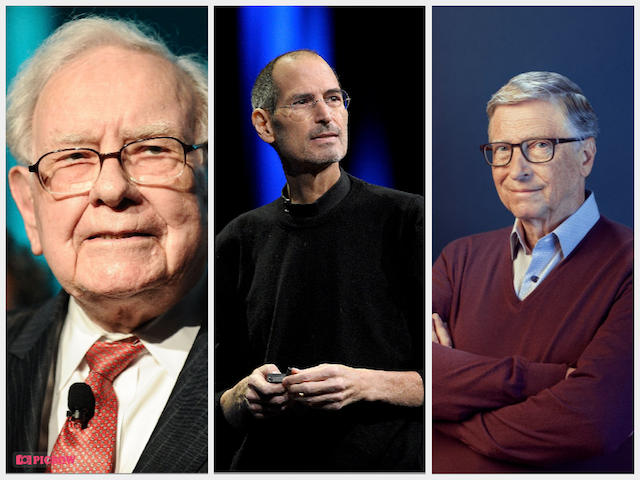Context
As a direct result of the industrial revolution and emerging capitalist system, a number of powerful businesses and entrepreneurs come to the scene in the 18th,19th, and the early part of the 20thcentury. These names included giants like Andrew Carnegie, John D. Rockefeller, Henry Ford, Cornelius Vanderbilt, J P Morgan and Marcus Goldman. They were the early followers of Adam Smith, also known as the Father of Capitalism. He wrote in his masterpiece, Wealth of Nations, how rational self-interests and competition can result in economic prosperity.
Some of these businessmen demonstrated the kind of philanthropy that set an example and has been followed by modern day business tycoons, such as Bill Gates, Warren Buffet, and the late Apple founder Steve Jobs. They set up trusts, foundations, and universities that have exerted tremendous influence on the American society, public policy, and in science and technology. In their own way, they were perhaps attempting to counter what Karl Marx was warning about the risks posed by class struggle that capitalist system of production can ensue.
And that’s not all, the sense of individualism, free spirit, and adventurism that Americans came to be known for that became the seeds for creativity and innovation has carried over as well. A recent illustration of that was when Virgin Atlantic’s Charles Branson, and later Amazon founder Jeff Bezos took a flight to the outer space. They were following the path of those early innovators such as Wright Brothers testing their airplane flights in Kitty Hawk, North Carolina and succeeded in 1927 by Charles Lindberg, by undertaking the first non-stop flight from New York to Paris.
A lot has been written about these pioneers and their achievements. While they gained from the earlier Industrial revolution and the present Information Technology related transformation, they were demonstrating a tremendous urge to give back to society and contribute to humanity. They were filling a void, and the institutions they established continue to, where government cannot function as efficiently and objectively.

Reformers in South Asia
The present Prime Minister of Pakistan, Imran Khan, readily admits he was inspired by the western democratic system and the law and order it ensures for all as he experienced it firsthand while he lived and played Cricket in the UK. The Shaukat Khanum Memorial Hospital and Research Center and Namal College he established follows along the trajectory of these western pioneers and the larger than life contributions they made for the societies they lived in and for the humanity at large. While Imran was not an industrialist being an icon, he used his status symbol in attempts to bring about catalytic change in the thought processes and politics of the country he hails from.
In this, Imran is not unique, Mohammad Ali Jinnah had followed a similar course earlier in their struggle for Independence. To mold the evolution of human moral thinking, governance models, and modernity to the cultural context of the Sub-Continent. And it was these attributes that made him successful. The critical point in Jinnah’s position was his differentiation between the importance of local and regional change vis-à-vis global flux. He moved to the future with a vision of what was possible in view of the historical context. Earlier, Sir Syed Ahmed Khan had established the Muhammadan Muslim Anglo-Oriental College in 1847 and promoted modern education for Muslims.
To a large extent, as a leading businessman and Defense Analyst, Mr. Ikram Sehgal has been striving in the footsteps of these pioneers to promote better ties and understanding between Pakistan and the US particularly and the West at large. Through his intellectual pursuits which includes the Defense Journal, articles in leading publications, authoring books, and organizing major conferences, he has persistently been trying to present Pakistan’s point of view and alleviate key international concerns.
In his trips to the US, he regularly makes a round of key think-tanks, such as the Wilson Center, Atlantic Council, Stimson Center and Council on Foreign Relations where his views and advise are listened to with keen interest. He is indeed an undeclared Ambassador at large for Pakistan.
At the launching of his book ‘A Personal Chronicle of Pakistan’ in Islamabad on August 5, Prime Minister Imran Khan, and other leading figures, acknowledged his public service and leadership. The most critical of these is the representation of Pakistan’s business community at the highly esteemed Davos conference, organized by the World Economic Forum.

For example, in 2019, Pathfinder and Dow Martin Groups held discussions related to the China-Pakistan Economic Corridor, moderated by Ikram Sehgal. The speakers, which included the Chief Minister of Baluchistan province Jam Kamal Khan, promoted investment opportunities in the mineral rich, and strategically located Baluchistan province of Pakistan. In 2020, Prime Minister of Pakistan, appeared himself at Davos and at the regularly held acclaimed event, the Pakistan Breakfast to explain his vision to the leaders from major business corporations.
Obviously, this work requires tremendous energy and aspiration, which one can amply see in his personality. There is a twinkle in his eyes as he explores the viability of new ideas a spirit reflected by those aforementioned entrepreneurs that have had a lasting impact on the world. At the same time, he is no idealist and understands the cultural context and what it takes to get things done.
He admittedly never ran for political office, but rather supported established institutions like Karachi Council on Foreign Relations, or by being a Board Member of other organizations such as the East West Institute amongst others.
According to a study conducted by Pakistan Center for Philanthropy in 2018, the nation gives more than $2 billion annually to charity. However, most of these donations go directly to individuals. The report recommends institutionalizing this tendency and redirecting donations more towards structured efforts.
While there are many areas where a lasting impact has been made, when one thinks of the future, an area that needs attention is thought leadership. Perhaps it is high time to take the leap and establish such an institute on the same footing as the Carnegie Endowment for International Peace, Aspen Institute, or any other institute of global stature for that matter.
At a time when Pakistan has confronted extremism domestically and externally and faced blockage at many forums of repute, one risks developing a myopic world view. However, due to the personal leadership of Mr. Ikram Sehgal, his intellectual efforts provide an exposure and opportunity for engagement with the key thought leaders around the world. And this is no small feat at all. To remain relevant and competitive, every nation needs private leaders like Mr. Ikram to interpret what the rapid global flux means and thus shape the future.




